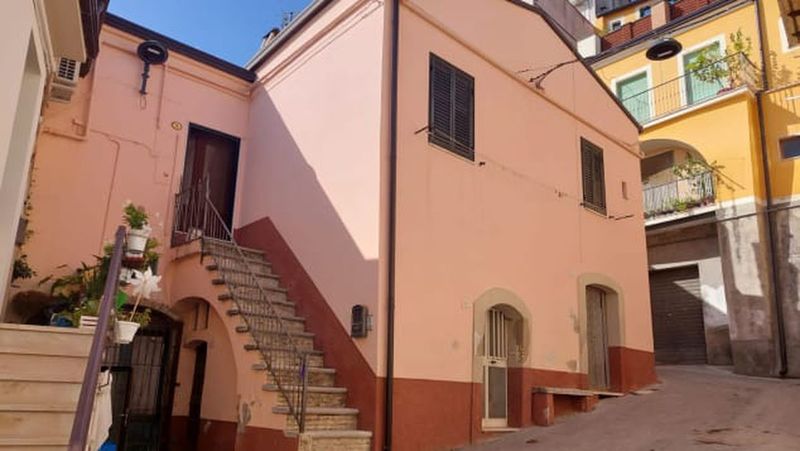Tips on buying a cheap Italy house from those who've done it By CNN
Buying a cheap property in Italy is an attractive prospect for many travellers, particularly with the ever-growing number of towns offering up homes for next to nothing through regeneration schemes.

While some have been brave enough to take the leap and snap up a house ranging in price from one to a few thousand euros in a rural Italian village, others are likely to have been deterred by the fear of something going wrong.
But are there any red flags potential buyers should be looking out for when deliberating over purchasing such a home? And how do you know when you're treading on slippery grounds?
When it comes to offering advice and invaluable tips on this particular subject, no one is better placed than those who've actually done it themselves.
In January, Italian town Biccari made headlines when it began selling off both dilapidated one euro homes and ready-to-occupy houses in need of just minimal fixes - the latter being the most successful.
Mayor Gianfilippo Mignogna chose to offer up the homes in a bid to revive the ailing town, which has seen its population dwindle over the years as numerous residents left to find work in Italy's cities or in other countries.
Mariano Russo, an Argentinian with Italian roots, purchased a cosy 55-square-metre, two-floor house in Biccari for €7,000 (around $11,100 AUD).
Ms Russo's home was refurbished when it was sold - even the walls were freshly painted - and has a panoramic terrace, while the entrance is situated on a picturesque alley of the town's historic center. Aside from the purchase price, the notary for the purchase deed cost him an extra €3,000 ($4700 AUD).
"It's already liveable. We might just modernise the grid running water system and heating, perhaps fix parts of floors," says Ms Russo, a manager of Argentina Per Il Mondo, an organisation uniting Italian-Argentinians across the world.
"The structure is solid, even though it's an old house there's no mould on the walls and the roof is in a perfect shape."
According to Ms Russo, the buying process was very smooth thanks to the support of the local surveyor in charge of the project.
"It's crucial to have someone that guides you along the way, we were lucky to have this agent," explains Russo, who plans to live in Biccari with his wife and two daughters for much of the year.
"He prepared the paper work for us and helped us pay the property taxes. He made sure the home was free from any prior debt, which is something you don't want to find out after you've bought it."
However, Ms Russo almost found himself getting stuck in the labyrinthine nightmare others have found themselves in when purchasing a an Italian property with multiple owners.
This home had two owners -- sisters who lived in different cities. Both had to first agree to the sale, and then on the final price.
Thankfully the pair were on good terms and things turned out well. But this isn't always the case.
According to Italian law, even if a property has 1,000 different owners, each person must agree on the sale, otherwise it can't go ahead. And let's just say Italy has its fair share of bickering relatives.
Therefore buyers, with the help of the town hall, must stave off the risk of an unknown heir popping up out of nowhere further down the line to claim back the sold property.
Ms Russo notes that it's also important to make sure that there are no pending mortgages on the property and all minimal fixes or renovations completed by previous owners have a legal permit for which the cost has already been paid. Otherwise the new owner will have to settle it themselves, or face legal consequences.
Buyers should also be aware of any damages to third parties that may have been caused by the home's former owners before signing the purchase deed.
For example, if a damaged water pipe has flooded a neighbour's kitchen, or a fallen tile roof has cracked a building adjacent to the property.
Even previous remodelling could be an issue if it wasn't properly approved or retrospectively authorised via a so-called building amnesty.
"One sister couldn't be present the day of the deed so she delegated the other one to sign-off on her behalf," explains Ms Russo.
"We made sure everything was OK with the sale. The sisters had remodelled the house in the past, taken down a wall to unite two rooms, but the building amnesty had been settled.
"This must all show up in the papers, before the sale. Nobody wants any last minute trouble.
If such a remodelling has not been communicated to the town hall, which is a legal requirement, the new buyer could find themselves in a situation where the purchase deed - and the sale - is declared null.